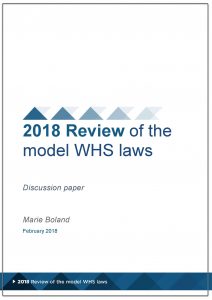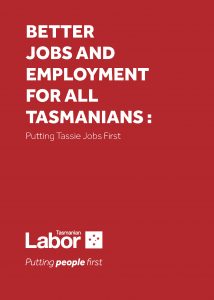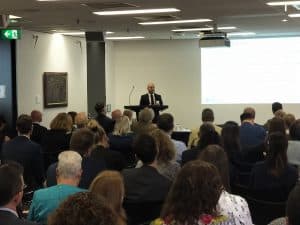 A lot of statistics were presented at a workers’ compensation research seminar in Melbourne on 1 March 2018. Monash University’s Insurance Work and Health Group provided a useful perspective on return-to-work matters with several points relevant to occupational health and safety (OHS).
A lot of statistics were presented at a workers’ compensation research seminar in Melbourne on 1 March 2018. Monash University’s Insurance Work and Health Group provided a useful perspective on return-to-work matters with several points relevant to occupational health and safety (OHS).
Both Professor

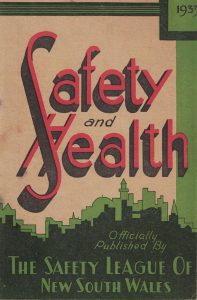
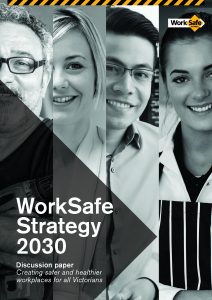
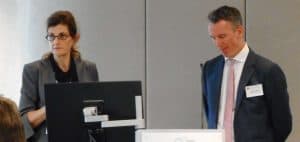 The annual
The annual 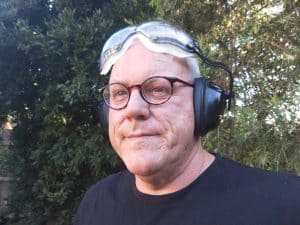 It is rare to find new designs in personal protective equipment (PPE). Trousers may have new pockets or padding. Helmets may have additional ventilation. Goggles have improved anti-fog holes. But rarely is PPE combined.
It is rare to find new designs in personal protective equipment (PPE). Trousers may have new pockets or padding. Helmets may have additional ventilation. Goggles have improved anti-fog holes. But rarely is PPE combined.